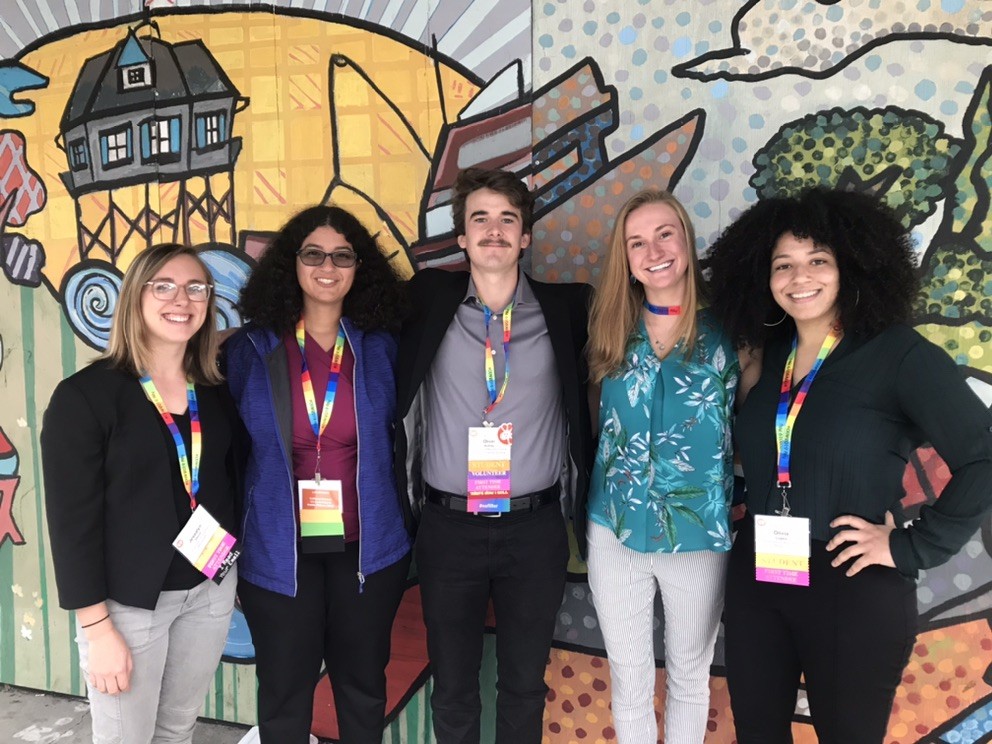Eight students will be presenting the summer work at the Ocean Sciences Meeting in March 2022!
Students Research Publications: Mixotrophy in Heterocapsa rotundata: A mechanism for dominating the winter phytoplankton.
Year:
2017Authors:
Millette, NC; Pierson, JJ; Aceves, A; Stoecker, DKSource:
Limnology and Oceanography
Abstract:
Heterocapsa rotundata is a mixotrophic dinoflagellate that can ingest picoplankton, including bacteria, and is known to form large blooms in temperate estuaries during wet winters, particularly when grazing pressure on phytoplankton is low. We hypothesized that phagotrophy gives H. rotundata an advantage over other phytoplankton species during low light conditions. We used laboratory and field experiments to investigate changes in phagotrophy by H. rotundata in response to changes in light availability. Prey removal experiments with a non-axenic culture of H. rotundata were used to determine changes in H. rotundata's ingestion rates in response to changes in irradiance. Fluorescent microspheres were used to measure in situ ingestion rates of H. rotundata collected on 20 different occasions from the Choptank River during the winter of 2016. In situ H. rotundata ingestion rates were tested for correlation with inorganic nutrient concentrations and irradiance levels. Ingestion rates measured with cultured and in situ H. rotundata followed similar patterns and ingestion rates increased as irradiance decreased. H. rotundata has the potential to obtain nutrients from multiple nutrient sources, switching from phototrophy to partial heterotrophy as irradiance decreases. This response may allow H. rotundata to survive and to potentially form blooms when growth rates of most other estuarine phytoplankton species is low.



